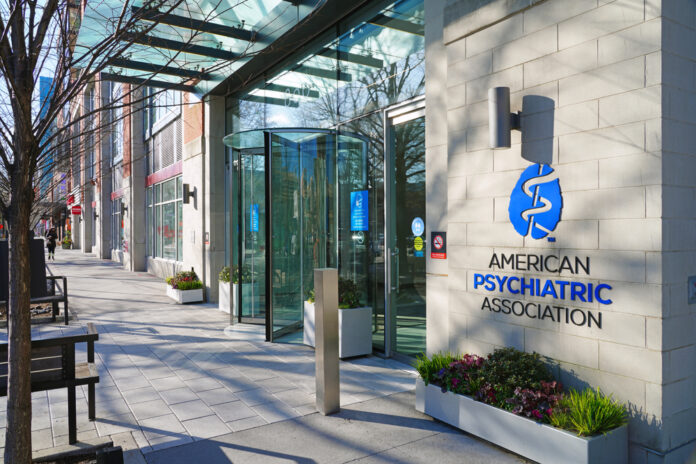
According to the American Psychiatric Association, 2.5 percent of adults suffer from attention deficit hyperactivity disorder (ADHD). Untreated ADHD can manifest as biological and environmental variables that interfere with a person’s relationships and other parts of daily life. It’s critical to recognize the signs of adult ADHD so you can receive the appropriate care. To find out more about these symptoms, keep reading.
Common Symptoms of Adult ADHD
Lack of Focus: When you think of ADHD, a lack of focus is one of the most prominent symptoms. You might find it hard to follow conversations, be easily distracted, and miss details.
Hyperfocus: On the other side, you might struggle with hyperfocus. At first glance, hyperfocus might seem perfect for a multi-tasker, but it comes with its problems. Adults with ADHD might become so focused on one thing that they forget everything else around them.
Unorganized Thoughts and Environment: Everyone has disorganized moments, but for adults with ADHD, it’s even more difficult. The disorganization can cause frustration and an overwhelmed feeling.
Forgetfulness: It’s normal to forget things every once in a while, but this forgetfulness goes beyond that. Adults with ADHD may forget things so often that it affects their work and personal lives.
Lack of Motivation: Thanks to time management and procrastination issues, a lack of motivation rears its head. This lack of motivation may also stem from negative feelings about oneself and heightened emotions.
When to Ask For Help
To be fair, almost everyone can feel like they’re struggling with ADHD at some point and time. When the issues become so evident that friends, family, and co-workers notice, it might be time to discuss your struggles with your family doctor. Diagnosis can be difficult in adults as the symptoms can be linked to several other issues that they might be struggling with.
How Is Adult ADHD Treated?
There are medications that are commonly used to treat ADHD, both for children and adults. Your doctor will try options with you and assess how you feel about each. There are other options as well. Some adults may opt for adding therapy to their medication, working with an ADHD coach, or joining a support group. There are also thoughts that changing diet might help with the effects of ADHD, but there is no research that backs this up.
Consistency is key for everyone with ADHD. Finding the correct treatment and maintaining it can decrease symptoms, allowing you to reach your fullest potential.
Summary
If you’re concerned that you might have adult ADHD, talk with your loved ones who are around you the most. They will be able to provide you with an assessment of what they see from their end. Then, if need be, follow up those conversations with a doctor visit.
https://www.psychiatry.org/patients-families/adhd/what-is-adhd
https://www.webmd.com/add-adhd/adhd-ways-to-tell
https://www.helpguide.org/articles/add-adhd/treatment-for-adult-adhd-attention-deficit-disorder.htm


















